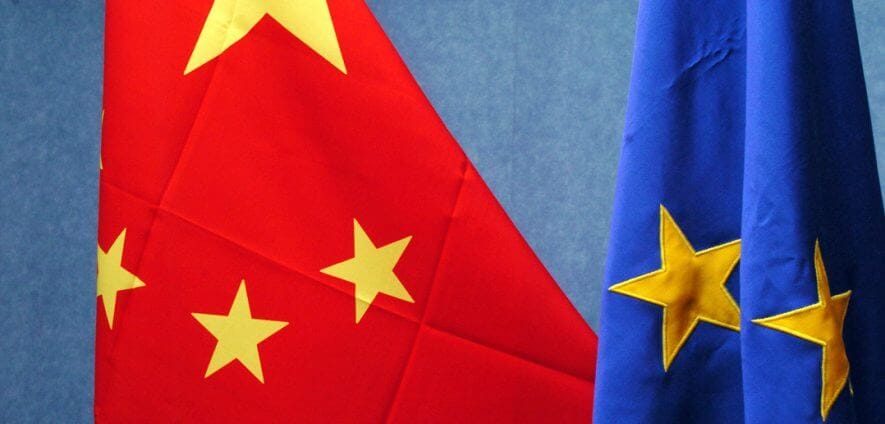The made-in-Italy is safe… thanks to steel. On one side stands Europe, wanting to protect its market from China, and on the other is Beijing, that after 15 years of ‘trial’ with the WTO, that takes for granted its “market economy” status. USA, Japan, and European manufacturing don’t want China to obtain such status, as they believe it may overwhelm their own economies. A few days ago, the European Union managed to find a compromise between the northern European countries, and the ones of southern Europe such as Italy and France. The first group in favor of accepting China’s request, while the second group opposed such request. And so, the European Union refined the system that calculates anti-dumping duties, which China will have to respect, and that it does not include the burden of proof being borne by European companies, different from what was originally thought by the European Parliament. The made-in-Italy (fashion, ceramic and wood industry, in particular) rejoice, because as Lisa Ferrarini (VP of Confindustria for Europe) said: “About a year ago there was a proposal by the European Commission that, with just a few pen strokes, would have given China the status of ‘market economy’, and by doing so would have put entire production sectors out of business. This attempt was prevented by good teamwork”. For the European People’s Party: “The new regulations are a reaction to the excessive productive capacity of China, and its subsidized economy, even more so in regard to steel”. Annarita Pilotti (President of Assocalzaturifici) has also spoken multiple times against granting China the status they desired, as well as commenting on the topic of dumping. The last time she did so was right before theMicam: “We can’t lower our guard. The European Council must guarantee regulations that allow European companies to ask and obtain countervailing duties in a quick and transparent manner”. The entirety of the deal now needs to be formalized by the European Council and wait for the Plenary voting of the European Parliament in November.
The EU introduces new antidumping law: a compromise that should protect the ‘Made-in-Italy’











